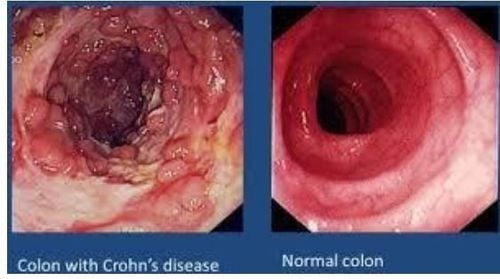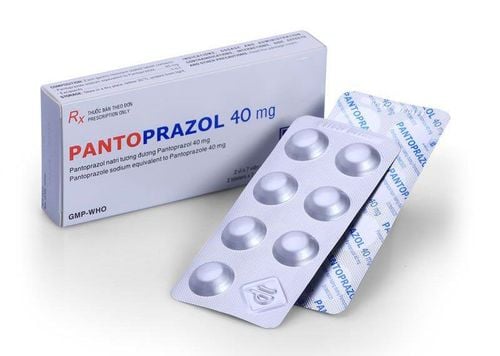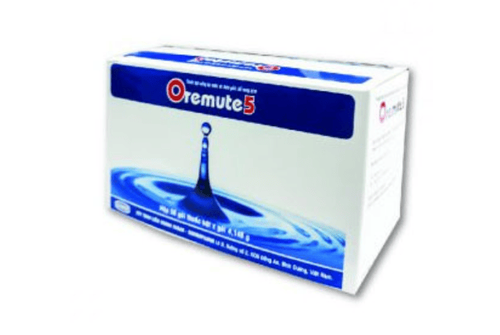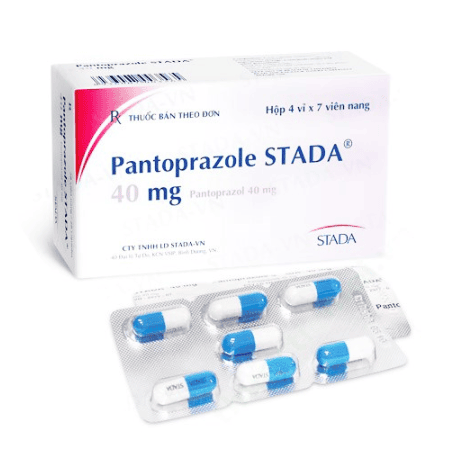This is an automatically translated article.
The article was professionally consulted with Master, Doctor Truong Thanh Tam - Pediatrician - Department of Pediatrics - Neonatology - Vinmec Danang International General Hospital.1. The role of water for children
Water is a basic component of all living things and has many important functions.1.1 Solvent Water is a living solvent for many chemical reactions in the body, thereby performing vital functions. For example, when food is introduced into the body, digestive juices such as saliva, gastric juice. .. will come into contact with this amount of food and catalyze digestive reactions, whereby nutrients are absorbed by the body. For children, this process is especially important during growth, especially for children of weaning age.
1.2 Temperature regulation Water plays an important role in regulating the body's temperature, maintaining body temperature at 37 degrees Celsius, limiting the influence of temperature fluctuations outside the environment.
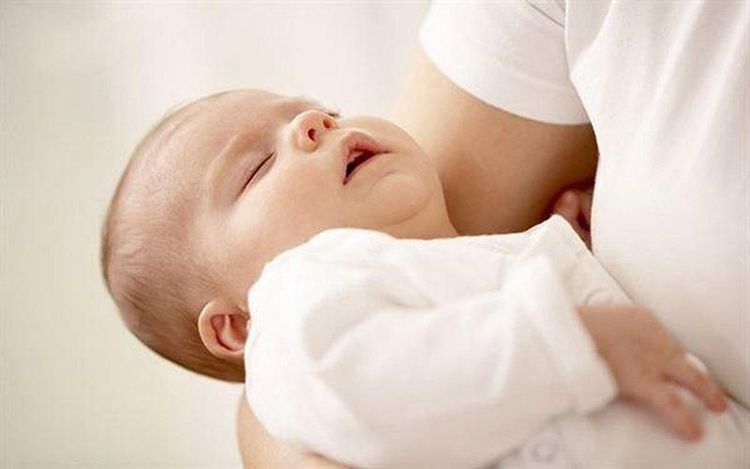
2. Children's water needs by age
The average adult needs about 35 grams of water per kilogram of body weight. This need in children is 3 to 4 times higher. How to calculate water needs in children based on age, weight of the baby as well as gender.By weight According to the recommendations of the Institute of Nutrition in 2012:
The water requirement of adolescents (from 10 to 18 years old) fluctuates around 40ml/kg body weight. Children from 1kg to 10kg, the need for water is 100ml/kg. Children from 11kg to 20kg, the water requirement is 1000ml/day and add 50ml/kg for every 10kg of growth in children. Children from 21kg or more, the way to calculate water needs is 1500ml/day and add 20ml/kg for every 20kg of the child's growth weight.
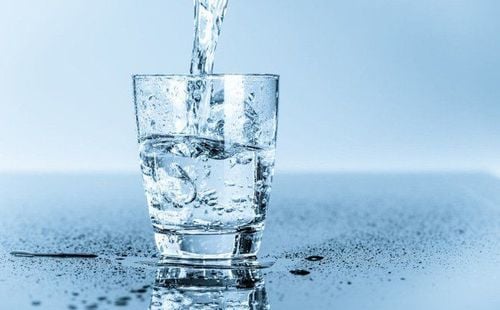
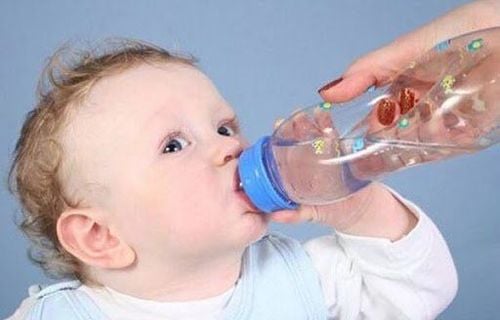
3. What are the symptoms of dehydration in children?
Dehydration is an extremely serious consequence when children do not meet their daily water needs. Depending on the classification and degree of dehydration as well as depending on age, the manifestations of this condition can vary. In particular, for infants and young children, if the child's water needs are not met well. For a long time, the baby will have some of the following symptoms:Dry mouth, dry tongue. T cheap newborn fussy but no tears. Within 3 hours, the baby's diaper is not wet. The fontanelles, eyes, and cheeks are sunken. Irritability, easily irritated. Complications from dehydration are extremely dangerous, including:
Urinary and kidney problems: prolonged dehydration or continuous dehydration will cause urinary tract infections in children, causing kidney failure, kidney stones. .. Convulsions: dehydration can also cause an imbalance of electrolytes such as sodium, potassium... This imbalance interferes with signal transmission, leading to contractions. Involuntary constriction, even loss of consciousness, coma... The problem of dehydration in children not only occurs due to not drinking enough water but also can be caused by diseases, especially diarrhea. Children's water needs are calculated and estimated based on many factors, including age, sex, health status, weight and objective effects such as temperature, weather, disease... Therefore, understanding the specific water needs of children will help parents support children to prevent dehydration.
Please dial HOTLINE for more information or register for an appointment HERE. Download MyVinmec app to make appointments faster and to manage your bookings easily.






